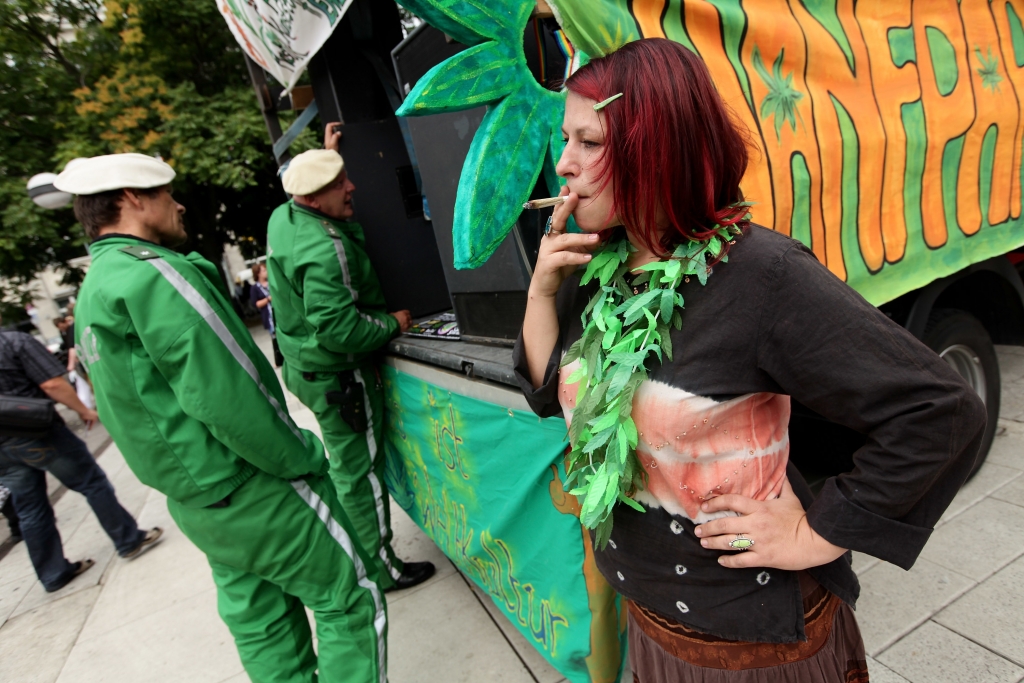South Dakota tribe to open nation’s 1st marijuana resort
In order to take advantage of the growing industry, the 400-person Santee Sioux tribe in South Dakota is planning to take it one step further by opening up the first ever marijuana resort in the United States.
However, on the Santee Sioux reservation, this issue will be eliminated as the tribe plans to set up a resort that caters to marijuana users. A few tribes such as the 400-member Santee Sioux see it is as an opportunity to make money similarly to casinos.
“We want it to be an adult playground”, the tribal president, Anthony Reider, says. “There’s nowhere else in American that has something like this”.
Pot became legal following a Justice Department policy that allows tribes to grow and sell marijuana.
And tribal leaders tell the AP that their latest business venture could bring in an additional $2 million a month. The first joints are expected to go on sale New Year’s Eve. Slot machines and an outdoor music venue will follow.
Many tribes are hesitant to jump into the marijuana business.
“The vast majority of tribes have little to no economic opportunity”. The warehouse will be toured in mid-October by tribal leaders from across the county and South Dakota legislators.
Marijuana consumption of varying degrees is recreationally legal in Colorado, Washington, Alaska, Oregon and D.C., however, public consumption is still illegal in those areas, forcing marijuana culture to stay behind closed doors. Colorado has several private clubs, but none of the size and scope as the Santee Sioux’s.
Santee Sioux tribal leaders then voted to legalize marijuana on their land in June. Currently, the tribe’s existing businesses support family homes, a senior living community, a clinic, and a community center that offers after-school programs.
Reider hopes marijuana profits can fund more housing, an addiction treatment center and an overhaul of the clinic. The Obama administration hasn’t changed that (Obama still opposes legalization), but it has agreed to let states and Native American tribes legalize the drug without much federal interference. For those tribes, “this is something that you might look at and say, “We’ve got to do something”.








